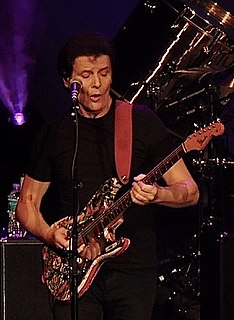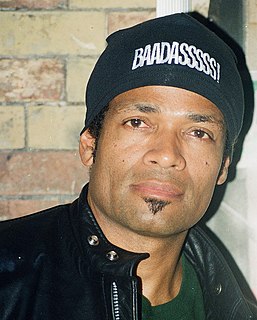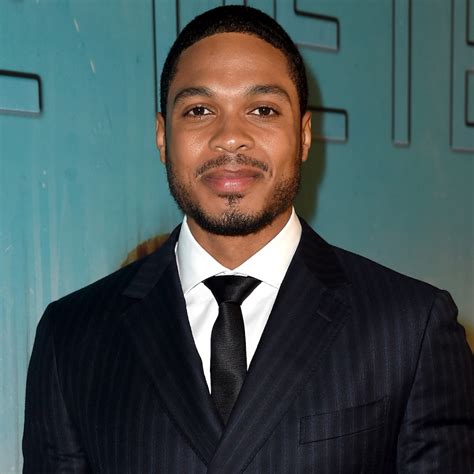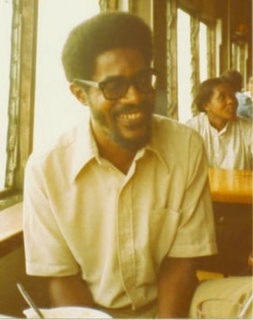A Quote by Trevor Rabin
We were a very politically active family. My father was one of the first lawyers in South Africa to have a black partner, so I grew up very aware of the struggle going on. Coming from that background, it really gave me chills to have my music be a part of the election of the first black American president.
Related Quotes
I would say I'm black because my parents said I'm black. I'm black because my mother's black. I'm black because I grew up in a family of all black people. I knew I was black because I grew up in an all-white neighborhood. And my parents, as part of their protective mechanisms that they were going to give to us, made it very clear what we were.
The first thing that always pops into my head regarding our president, is that all of the people who are setting up this barrier for him... They just conveniently forget that Barack had a mama, and she was white - very white; American, Kansas, middle of America. There is no argument about who he is, or what he is. America's first black president hasn't arisen yet. He's not America's first black president. He's America's first mixed-race president.
One of the facets of growing up the way I did, I never had the experience of being solely in the black community. Even my family, my mother is what they call Creole, so she's part French, part black, and grew up in Louisiana. It's a very specific kind of blackness that is different than what is traditionally thought of as the black community and black culture. So, I never felt a part of whatever that was.
In South Africa, being Chinese meant I wasn't white and I wasn't black. I trained in Baragwanath Hospital, the largest black hospital in South Africa. That was around 1976, the time of the Soweto Uprising, when police fired on children and students who were protesting. I was part of the group of interns who volunteered to treat them.
Marcus Garvey was one of the first advocates of Black Power, and is still today the greatest spokesman ever to have been produced by the movement of Black Consciousness...He spoke to all Africans on the earth, whether they lived in Africa, South America, the West Indies or North America, and he made Blacks aware of their strength when united.
I come from somewhere and from specific black people in the South, including my parents, who built our first school, and rebuilt it after it was burned to the ground. And they used to bake pies and cakes to raise money to keep it going. So, I learned to struggle from a very early way in a way that was truly indigenous to the South.



































